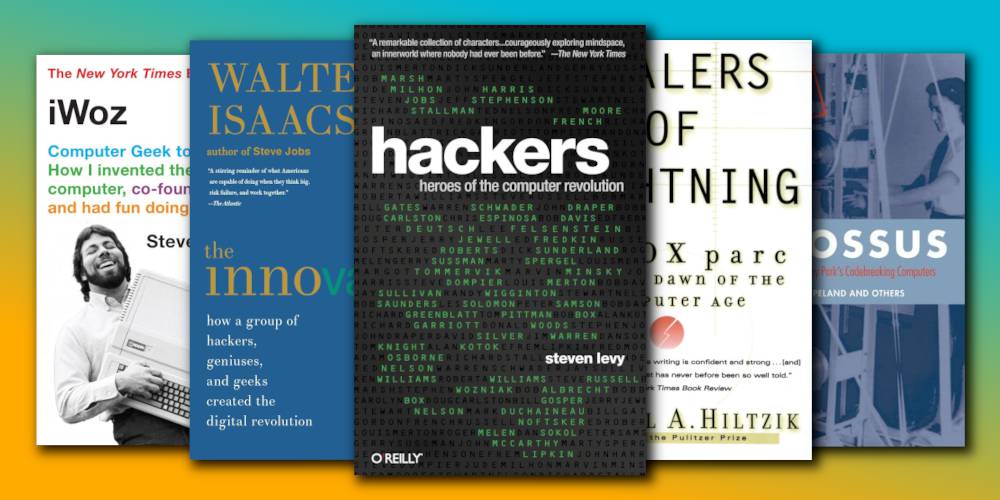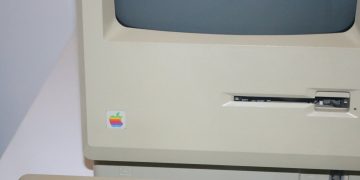We tend to take computers for granted these days, so much so that we don't even think of them as computers anymore.
For example, your modern smartphone has more processing power than the best computers did even just a few decades ago.
How did we get to this point? Well, as it turns out, the story is an interesting one full of twists, turns, and obstacles.
Whether you're looking to know more about what led to the present or you're just looking for some imminently readable nonfiction, here are the best books about computers and computer history.
10. Weaving the Web: The Original Design and Ultimate Destiny of the World Wide Web
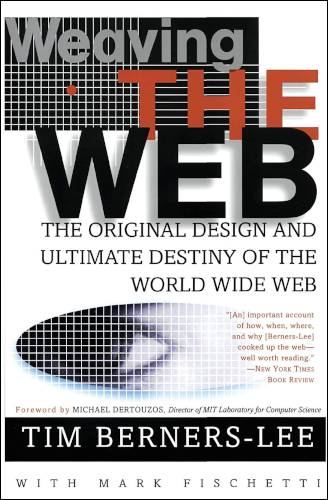
When you dive into computer history, you could start at the very beginning—or you could start with the World Wide Web, which is arguably the greatest eventual result of the computer.
In Weaving the Web, creator of the internet Tim Berners-Lee tells the entire story of how the Web started, how it evolved for the future, and how it can be best used to maximum potential.
As someone who never cashed in on his revolutionary accomplishment, his down-to-earth approach offers an insightful look at his personal life. His stories offer humbling thoughts about the importance of the internet and the people responsible for its creation.
Any programmer, web developer, or coder who wants to create the next big tech innovation needs to read this book. As far as books about the internet go, this one's surprisingly inspirational.
9. Troublemakers: Silicon Valley's Coming of Age
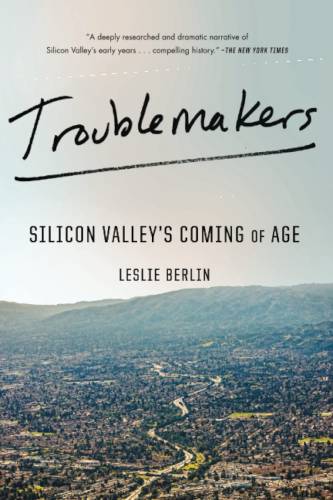
Unsurprisingly, those who break the norms of technology are the ones who become the biggest names in tech—and every big name in tech has a presence in Silicon Valley.
Troublemakers takes a deep dive into the pioneers and patents that laid the foundation for the modern-day players of the tech industry.
Historian Leslie Berlin discusses the decade-spanning phases—from the 1970s to the early 1980s—that turned Silicon Valley into the central hub for five major industries: computers, video games, biosciences, financial capital, and semiconductors.
Leslie Berlin is a Silicon Valley expert who knows her stuff, from major accomplishments to behind-the-scenes gossip. This book offers the best of both worlds about everything Silicon Valley.
8. Dealers of Lightning: Xerox PARC and the Dawn of the Computer Age
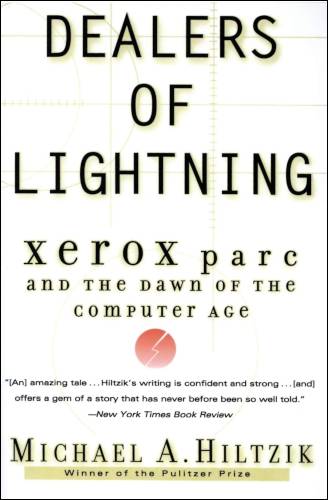
Computer history classes often include mention of iconic devices, such as dot matrix printers, Xerox printers, and laser printers.
Dealers of Lightning sheds light on the colorful history—and the groundbreaking creation—of such hardware, made possible by the minds of the Xerox PARC group.
PARC, a research and development company as they're known today, has been a breeding ground for ideas by scientists, engineers, and managers. Not every idea is approved by Xerox, but some of those failed ideas led to breakthroughs that changed the world.
The best takeaway from this book is learning the power of support towards your peers. As different as they are, the geniuses at PARC know which ideas bring the world together.
7. Colossus: The Secret of Bletchley Park's Codebreaking Computers
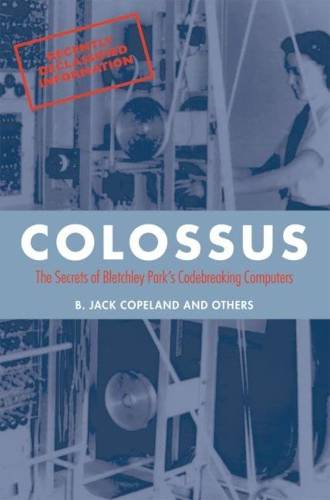
If you know your basic computer history, you might be familiar with one of the earliest functioning computers: the American ENIAC.
But there's ongoing debate as to which digital computer actually came first. Was it the ENIAC? Or the British Colossus?
Jack Copeland's Colossus breaks down the history of the Colossus, a supercomputer that worked as a codebreaker for the British Secret Service during the Second World War.
Built entirely in secret at Bletchley Park, the Colossus was responsible for decrypting German messages—including ones sent by Hitler—and its success eventually led to Britain's victory.
Colossus is a fascinating book that sheds light on how computers became responsible for ending World War II.
6. Where Wizards Stay Up Late: The Origins of the Internet
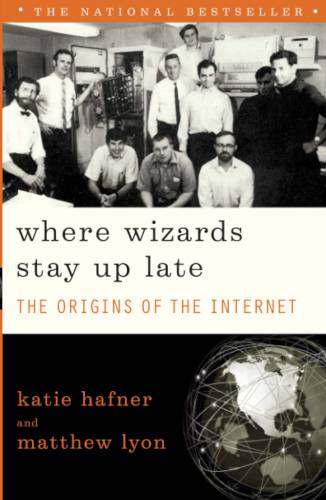
In computer history, it's important to consider the link between telephones and the internet. Without the innovation of telephone lines, networks, and broadcasting, the far-reaching modern-day internet would not have been possible.
That's the core thesis of Where Wizards Stay Up Late, in which author Katie Hafner dissects the origins of the internet.
Basically, a man from MIT named J.C.R. Licklider saw the potential in computers as "communication devices" and enlisted his own team of engineers to design a cross-country network for communication.
The fun and shocking anecdotes honor the minds behind ARPANET, the precursor to the modern internet. As with all pioneers in the tech world, they deserve praise and recognition.
5. Open: How Compaq Ended IBM's PC Domination and Helped Invent Modern Computing
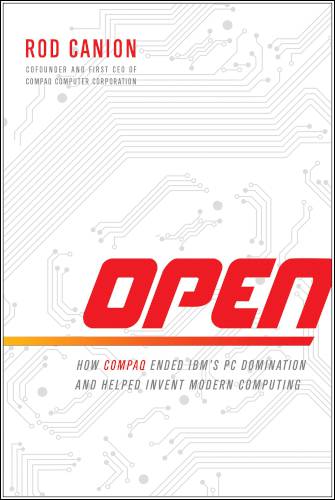
Open is the most business-heavy of the books on this list, but it's still worth reading because this is how we got from proprietary computer models to the modern desktop PC.
The next time you open your computer to pop in a new SSD or graphics card, know that without Compaq's early work (and legal precedents), you might not be able to do this.
The story is interesting enough that it served as the basis for the first season of AMC's Halt and Catch Fire, which should be required viewing for anyone interested in the lead-up to modern computing.
Even though the show is largely fictional, its basis in real events—like the ones covered in this book—give it a solid foundation.
4. iWoz: Computer Geek to Cult Icon
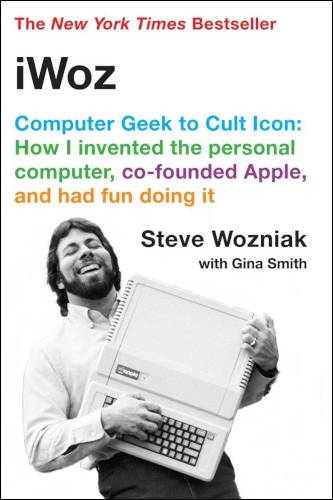
I know this is an article about books about computing and technology, but one of the most interesting things about iWoz is how much of the book isn't about technology.
Yes, Steve Wozniak built the original Apple and Apple II, and in doing so had a significant impact on the world... but that's not all he did! Bet you didn't know that.
Wozniak also had a hand in developing the first universal remote control, organized a few music festivals, and did a whole lot of other things, and that's just talking about his career.
The opening chapters of this book, which cover Wozniak designing computers despite having zero access to the chips they'd theoretically use, easily make it worth whatever price you pay.
3. Hackers: Heroes of the Computer Revolution
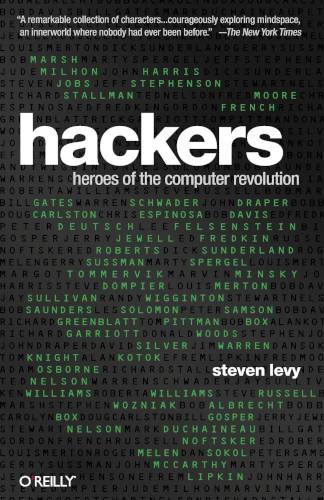
Author Steven Levy has written several very readable books on technology in addition to his other writing for outlets like Wired, but Hackers remains my favorite of his.
The book covers a wide swath of computing, with more of a focus on larger computers housed in universities and other institutions than other books on this list.
If nothing else, this book is worth reading due to how it covers the difference in mindset between the east coast hackers and the west coast hackers. Don't know what I'm talking about? Read the book!
2. Fire in the Valley: The Birth and Death of the Personal Computer
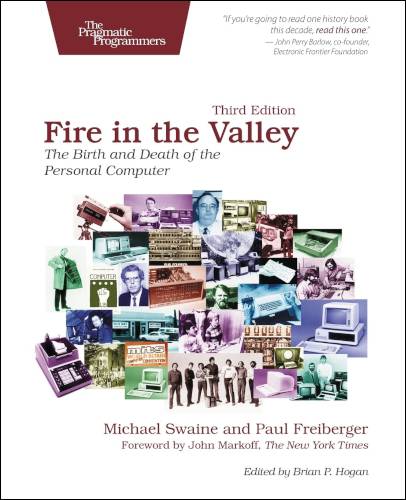
Authored by Michael Swaine and Paul Freiberger
First published in 1984
424 pages — 4.15 on Goodreads
Fire in the Valley takes you right into the trenches of personal computing. Originally published in 1984, the authors have updated it over the years, with the most recent edition published in 2014.
This book won't help you understand how electricity turns into 1s and 0s and then to images on your screen, but it will give you an in-depth history of how much work it took to get computers to do what most people would consider valuable work.
1. The Innovators: How a Group of Hackers, Geniuses, and Geeks Created the Digital Revolution
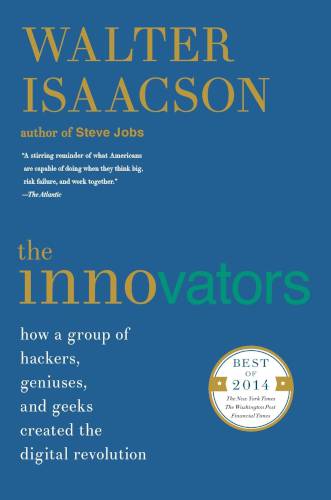
If you've ever wanted to trace the path from electricity to your laptop, this might be the best book to do it.
Starting with Ada Lovelace and Charles Babbage and moving through the modern web, The Innovators hits nearly every major stop along the way. No book that covers this large a period of time could include a deep dive into every player in the game, but this one does a good job trying.
As a rough overview and introduction to the history of personal computing, this is one of the better starting points and one of the best books about computers worth reading.
